Taking advantage of progress made in neuroimaging, researchers hope that personalized treatments for mental disorders using brain stimulation therapies will be the way forward.
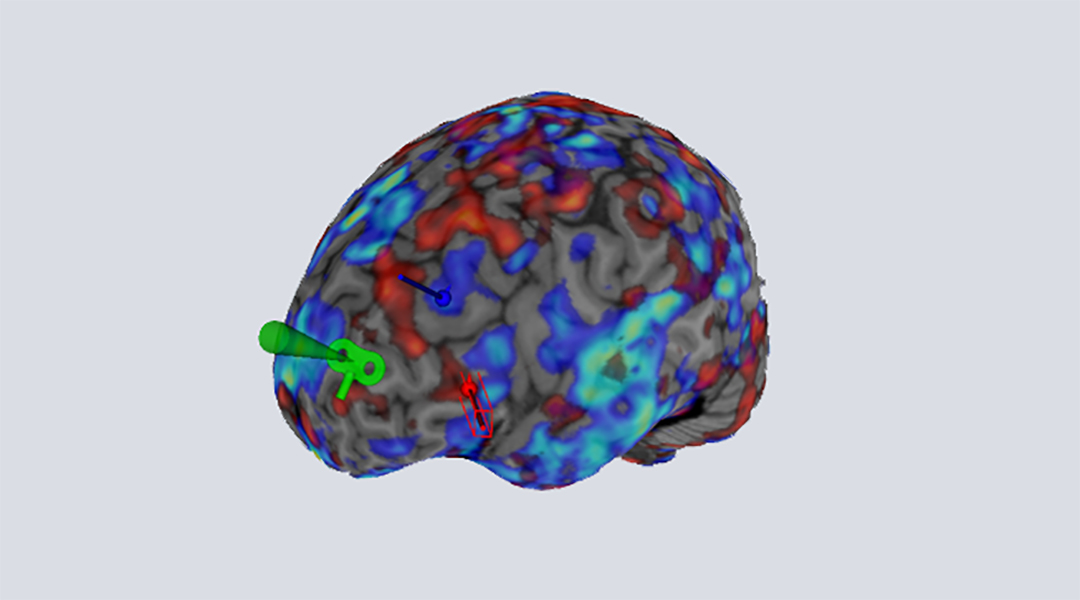

Taking advantage of progress made in neuroimaging, researchers hope that personalized treatments for mental disorders using brain stimulation therapies will be the way forward.
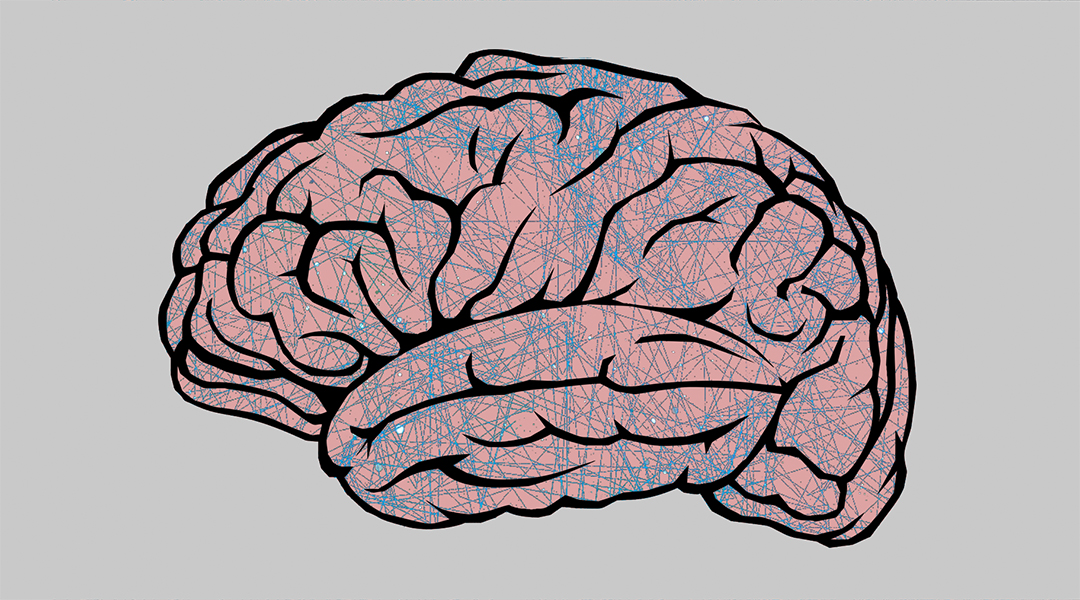
An intelligent material that learns by physically changing itself, similar to how the human brain works, could be the foundation of a completely new generation of computers.

Personalized medicine for diseases that affect the central nervous system requires renewed focus on visualising the behaviour of drugs in the brain.
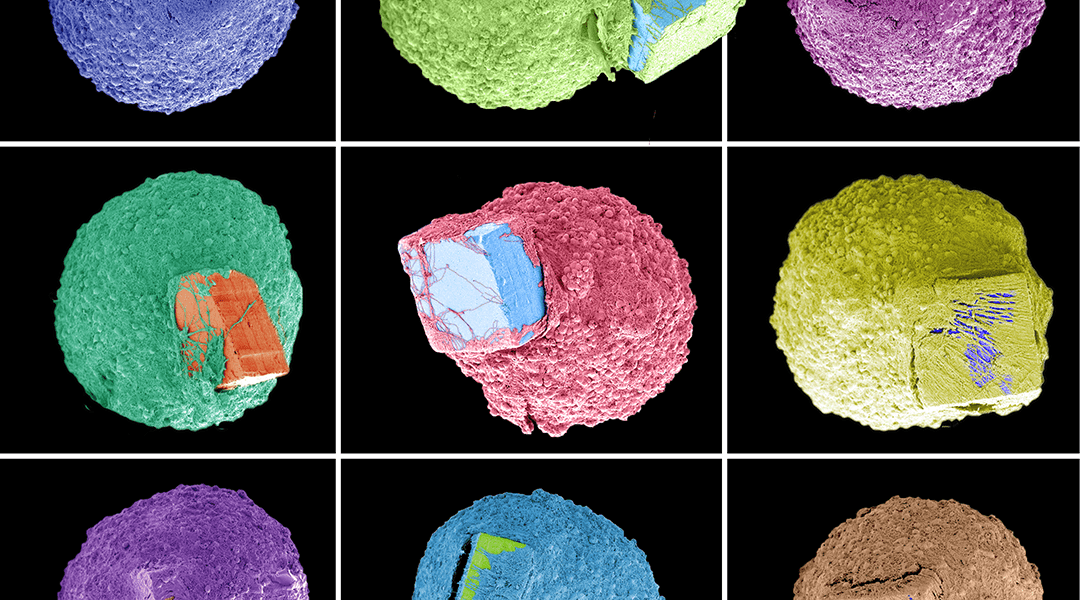
Researchers successfully grow 3D brain tissue on fully-integrated microchips for neural biosensing applications.
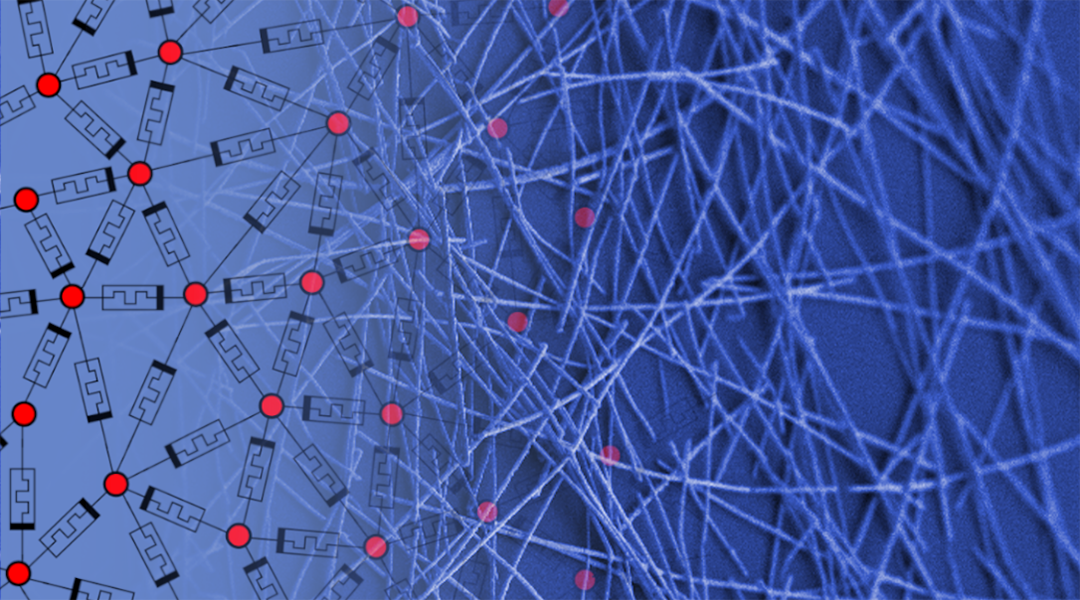
A new bottom-up network built from randomly distributed nanowires can learn, compute, and adapt like a human brain.
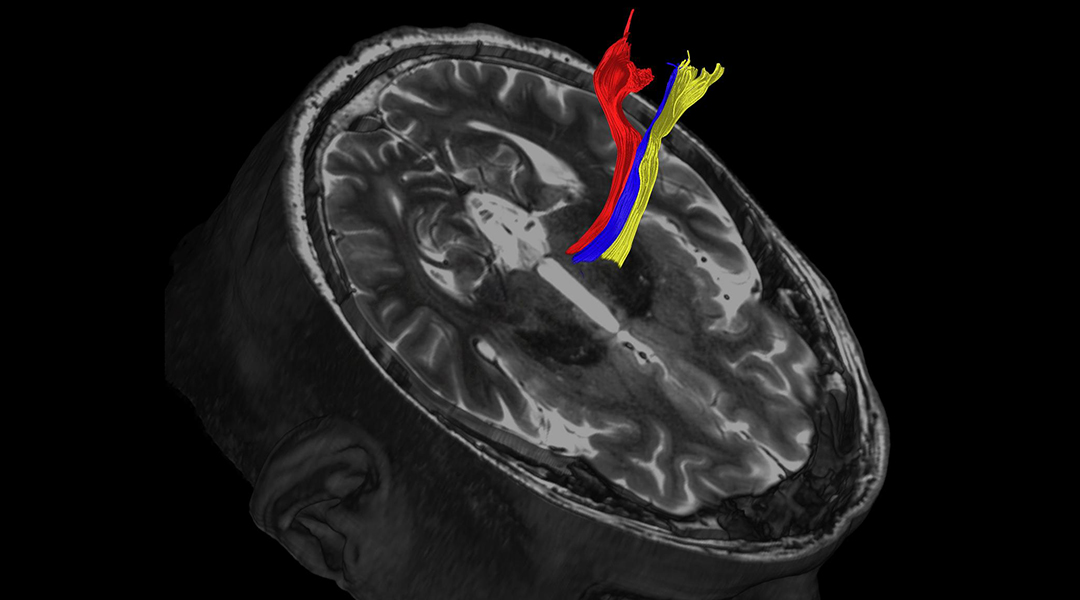
Advanced MRI scans may improve treatment of tremors in patients with Parkinson’s disease.
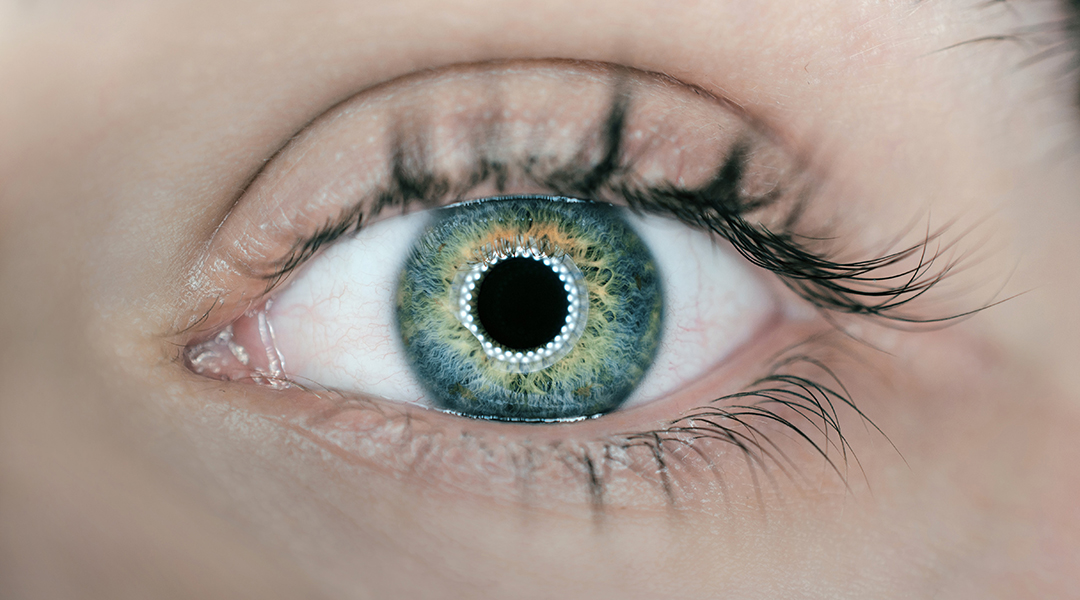
Smart contact lenses could revolutionize the way in which we monitor brain activity and diagnose neurological diseases.
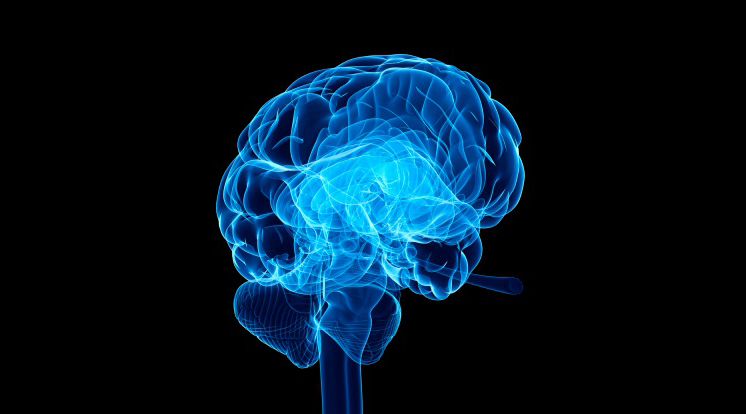
Studying the links between cilia and signaling pathways sheds light on our understanding of nervous system development.
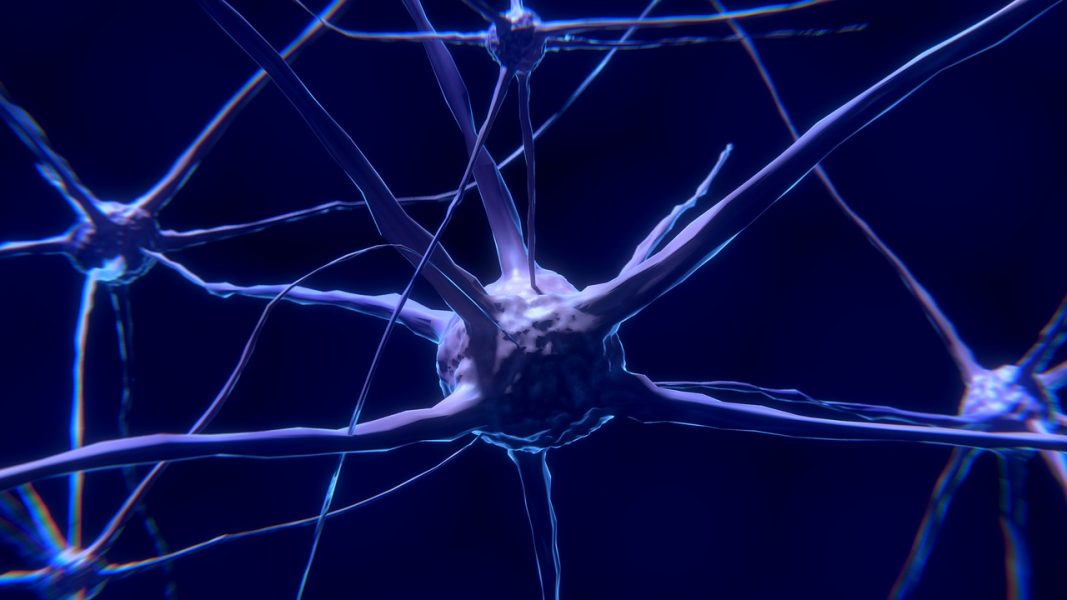
A physiologically relevant 3D model to investigate several key aspects of blood–brain barrier dysfunction in Alzheimer’s disease and provide a standardized platform for drug screening.
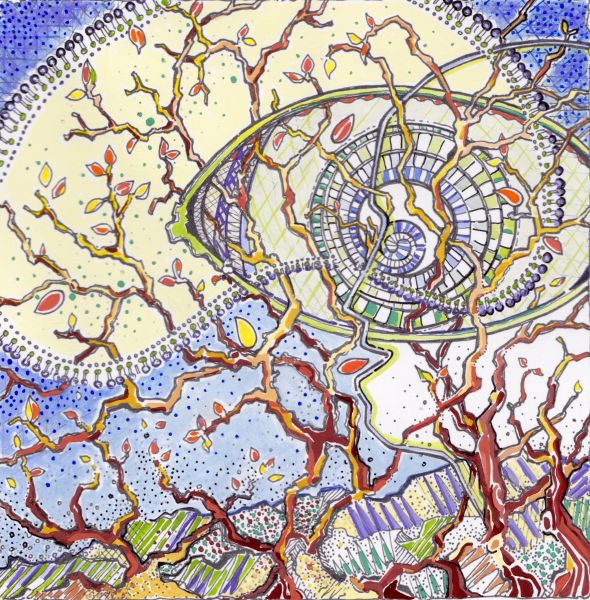
Beyond their function as pigments that impart beautiful colors to living systems, carotenoids offer valuable protection for the eye and brain.